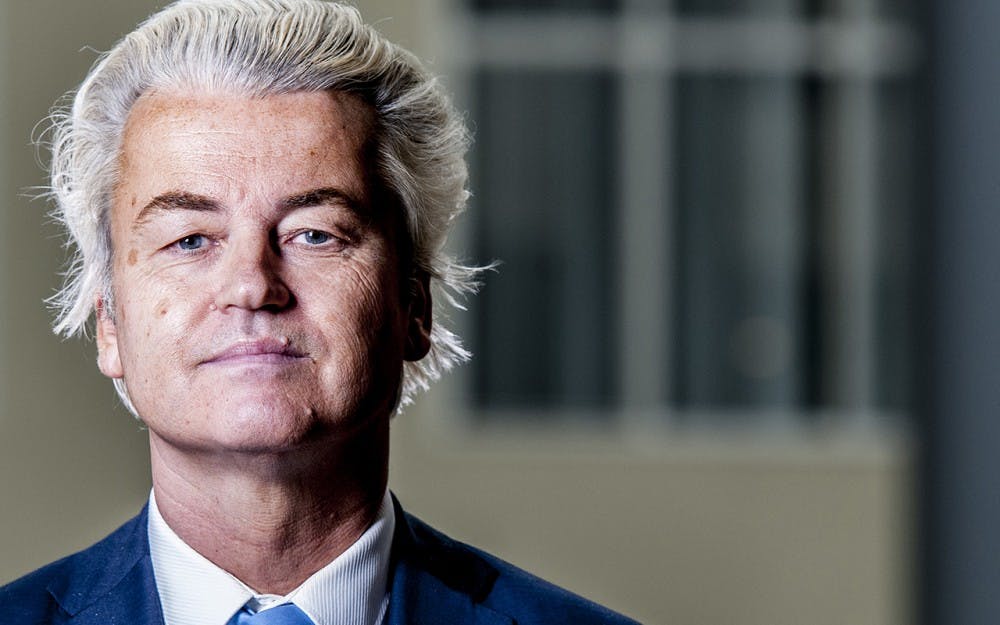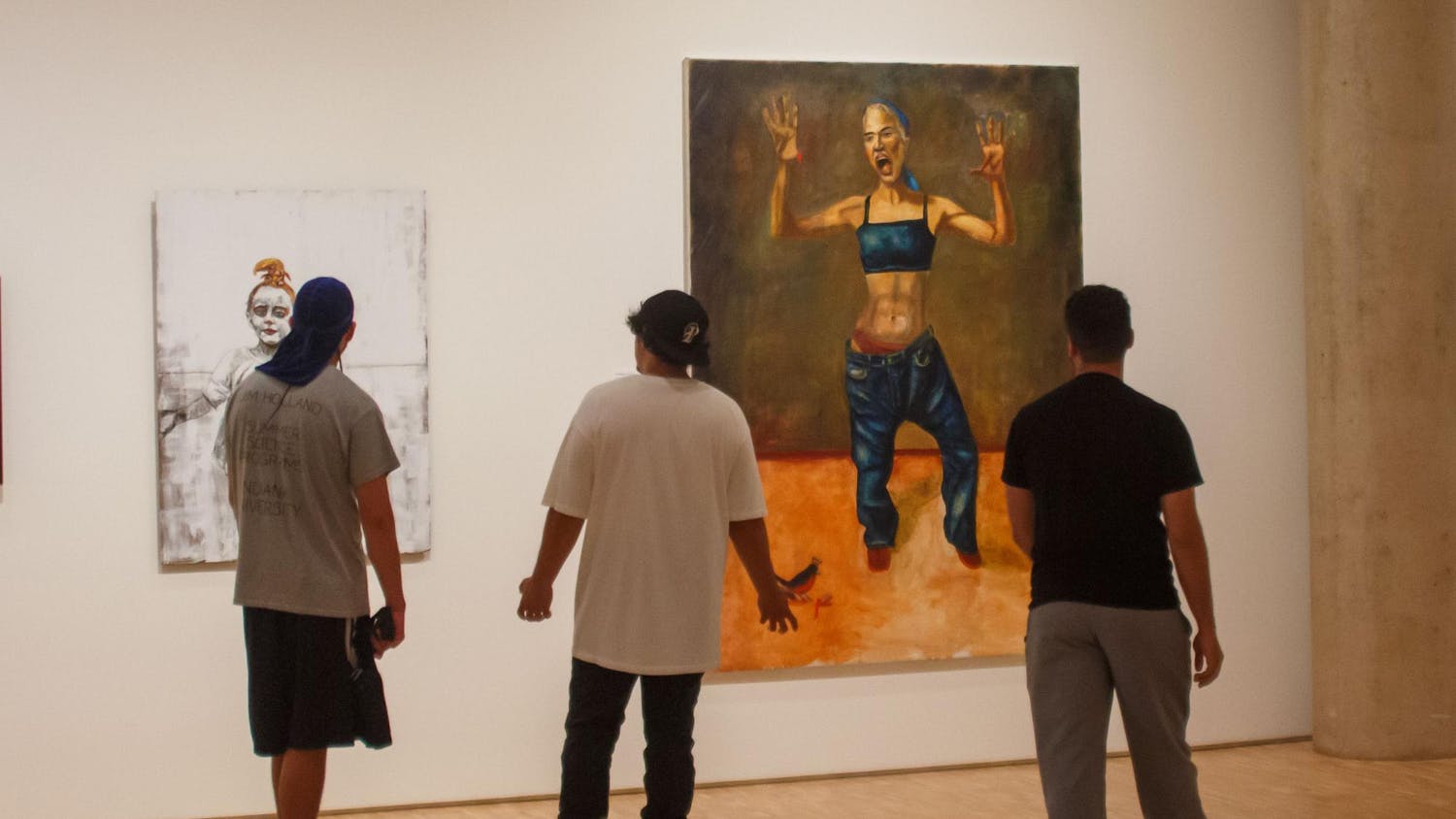Following Donald Trump’s electoral victory in November, citizens of the United States and the world let out a collective sigh as if to say, “Now what?”
Two months into Trump’s term, we’ve seen him serve up a bevy of heavy-handed executive orders, renege on campaign promises and take steps toward implementing cuts to public programs and agencies like the National Endowment for the Arts and the Environmental Protection Agency.
As disheartening as these past few months have been for some, the spread of Trump’s brand of populism across the globe is perhaps the most concerning trend in the bunch. Last week, the Netherlands went to the polls in the first major elections since Trump’s triumph.
Despite the Netherlands being home to fewer people than the state of Florida, the eyes of the global political community were fixed on this year’s Dutch general elections.
Geert Wilders, the incendiary leader of the ultra-right wing Party for Freedom (PVV), who is seen by many as the Dutch incarnation of Trump, championed an anti-immigrant, anti-Islam agenda that called for closing mosques and Islamic schools and banning the Quran. During periods of the campaign, the PVV had led by wide margins.
The final round of polling prior to Wednesday’s election had Wilders’ PVV party trailing the incumbent Prime Minister Mark Rutte’s People’s Party for Freedom and Democracy (VVD) by a thin margin. The two right-wing parties were trailed by another, the Christian Democrats, as well as the more centrist Democrats 66 party and the Green Left.
By Thursday morning, the Netherlands exhaled a sigh of relief with news of the VVD’s victory. The previous night’s elections served as a discussion topic in my classes and many people seemed to feel they had dodged a bullet.
Upon further exploration and discussion, I’m not so sure that the crisis has been averted. In fact, I think it’s only the beginning.
Sure, Wilders’ collapse is good news for liberals and the pro-EU community. However, with the rise of the PVV, Rutte’s VVD and the Christian Democrats — the other mainstream right-wing parties — were pulled to the right on key issues. In January, Rutte released a statement advising immigrants to “act normal or go away.”
We saw this same gradual shift to the right during our presidential elections: once it became clear that Trump was more than a meme, the GOP began to normalize his rhetoric. Immigration was not a major policy point for the Republican Party until Trump proved he was a legitimate candidate.
Behind all the glee following the PVV’s so-called defeat, the party quietly won 20 seats compared to 15 last election. Meanwhile, the VVD lost eight seats to reduce its total to a still-respectable 33. There’s still no imminent reason to panic, but these results are trending in the wrong direction.
Additionally, without Rutte’s recent show of diplomatic strength against Turkey a little more than a week ago, the elections may have had a different result.
I think the Netherlands and the world should be cautiously relieved following last Wednesday’s election. There’s absolutely no reason to believe populism has been defeated, but the result was promising.
It will be difficult for the PVV to deliver on its policies, as all major parties have said that they will not form a coalition with Wilders’ party. Given the breadth of ideologies and political parties represented in Dutch parliament, the formulation of a coalition is crucial to carrying out policy.
More than 80 percent of eligible Dutch citizens turned out to the polls compared to just over 60 percent in the U.S.
If nothing else, voters realized the gravity of the elections and took initiative to exercise their ability to influence the result, and that’s comforting in itself.
dkilcul@indiana.edu





